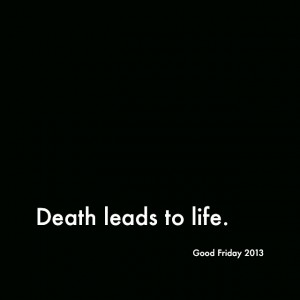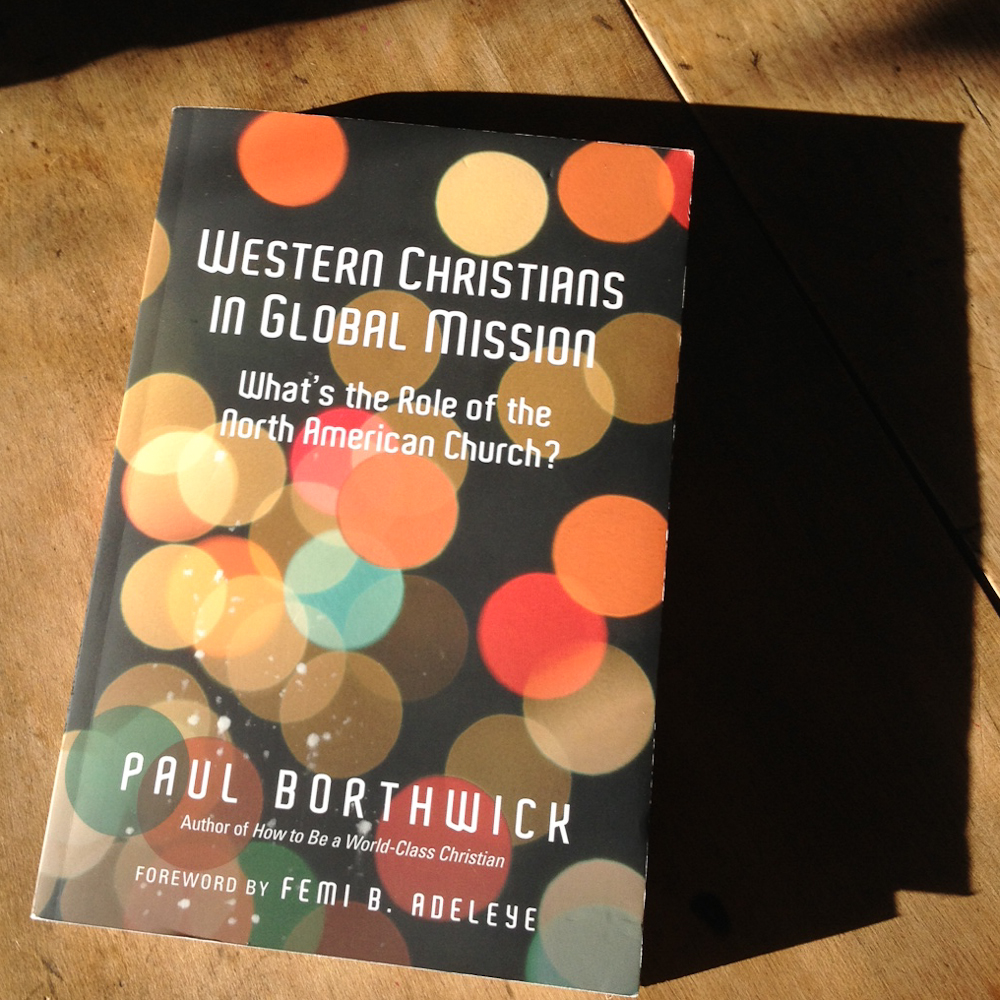We live in one of the richest countries at just about the richest point in history.
We have excess—time, clothes, books, relationships, food, desires, and more.
What do we do with this excess? We use it to help others, to make the world better.
So goes More or Less: Choosing a Lifestyle of Excessive Generosity by Jeff Shinabarger of Catalyst and Plywood People. It’s stunningly stupid, but feels dangerous—subversive—and fun and easy, too.
Since coming back to the U.S. three years ago, we have wrestled with resources. After a year without electricity/transport/a well in Nicaragua, two years in the most-polluted city in the world (Lanzhou, China), and three years in South Africa’s crazy mix of economics, we have longed for others deeply grappling with our wealth (as middle-class North Americans). You can read more on all this in This Ordinary Adventure: Settling Down Without Settling.
Shinabarger’s book landed in this mix. More or Less is a helpful shock to the system. I hate it when someone is always telling other people’s stories, as if they’ve not really been living the truths they proclaim. Jeff and his wife Andre, though, are the real deal—we get to read lots of first hand stories. And most chapters have a link to a video related to the story, too.
What might be the best aspect of this book, though, is its practicality. Shinabarger’s added an “Enough Talk” section at the end of each chapter, an “Enough Experiment.” As an extended family, save your change all year, then dump it out, count it, and give it away. Take someone along on some cool opportunities you have to share your access. Go away for a full day of solitude and silence. Put a basket by the door for guests to depost their phones in, labeled, “Be with the ones that are here.” Shinabarger presses us to consider how we might live differently here and now.
Here are some of my favorite quotes:
“There are two kinds of people: those who think $1,000 is a lot of money, and those who think $10 is a lot of money.” (p75, quoting Tara Struyk, click to tweet this)
Do you fully approve of the messages you communicate through your clothes? (p79)
There are two ways to get enough: one is to continue to accumulate more and more. The other is to desire less. (p91, quoting G. K. Chesterton, click to tweet this)
We need to let go of our convenience in order to gain a greater understanding of others’ needs; we need to suffer with others instead of simply pitying them. (p115)
Convenience has become a necessity. (p116)
When I constantly say, “I’m busy,” I communicate to others that, “I don’t need you right now.” (p136, click to tweet this)
The way you spend your excess time shows what you really want. (p141, click to tweet this)
Your “no” to an opportunity means someone else gets to say, “Yes!” (p159, paraphrased)
If we have more than enough, we have the opportunity to bless others. (p181)
Generous people will consistently choose less to give more. (p251)
And then the last section of the book is how to run your own Enough Experiment, identifying where your excess lies, who might benefit from it, who will join you in giving it away.
Need to live some more Amazing Days? Struggling in U.S. consumerist culture? Want to have fun? Read this book.
How do you define generosity? Are you generous?
(Full disclosure: I got a review copy for free from the publisher.)











